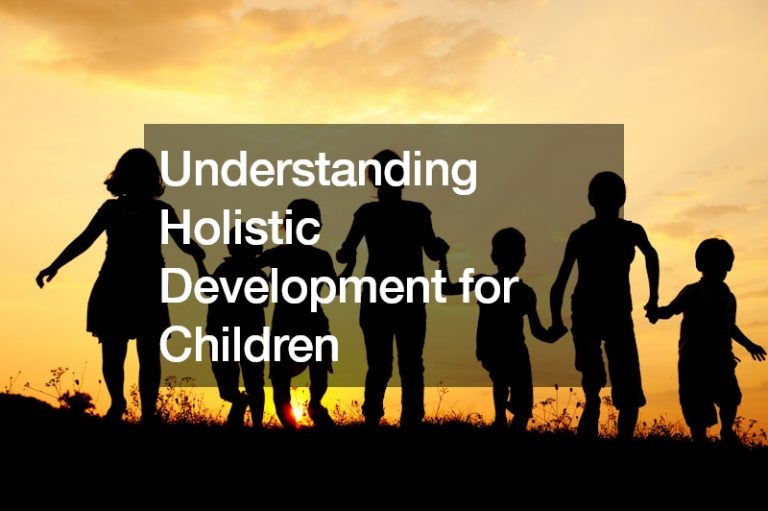A holistic approach to child development refers to an integrated approach to growth, addressing multiple facets of a child’s life. This concept emphasizes the importance of nurturing various aspects of development, including physical, cognitive, emotional, social, and spiritual well-being. Recognizing the interconnectedness of these domains is crucial for fostering well-rounded and balanced individuals.
Video Source
Physical development involves the growth and strengthening of a child’s body. This includes motor skills, physical health, and fitness. Encouraging regular physical activity, providing balanced nutrition, and ensuring adequate sleep are foundational to supporting physical growth. Activities like playing sports, engaging in outdoor play, and participating in physical education classes contribute significantly to this aspect of development.
Cognitive development focuses on the mental processes involved in gaining knowledge and comprehension. This includes thinking, problem-solving, memory, and language skills. Stimulating cognitive development involves exposing children to diverse learning experiences, encouraging curiosity, and promoting critical thinking. Activities like reading, puzzles, and educational games can enhance cognitive skills.

Emotional development is about understanding and managing emotions. It includes developing self-awareness, empathy, and the ability to cope with stress and challenges. Supporting emotional development involves creating a safe and nurturing environment where children feel valued and understood. Teaching children to express their feelings constructively is key as part of a holistic approach to child development.
Social development entails building relationships and interacting with others. It involves learning social norms, developing communication skills, and understanding the dynamics of cooperation and conflict resolution. Encouraging social interactions through group activities, teamwork, and family engagement helps children build these essential skills.











